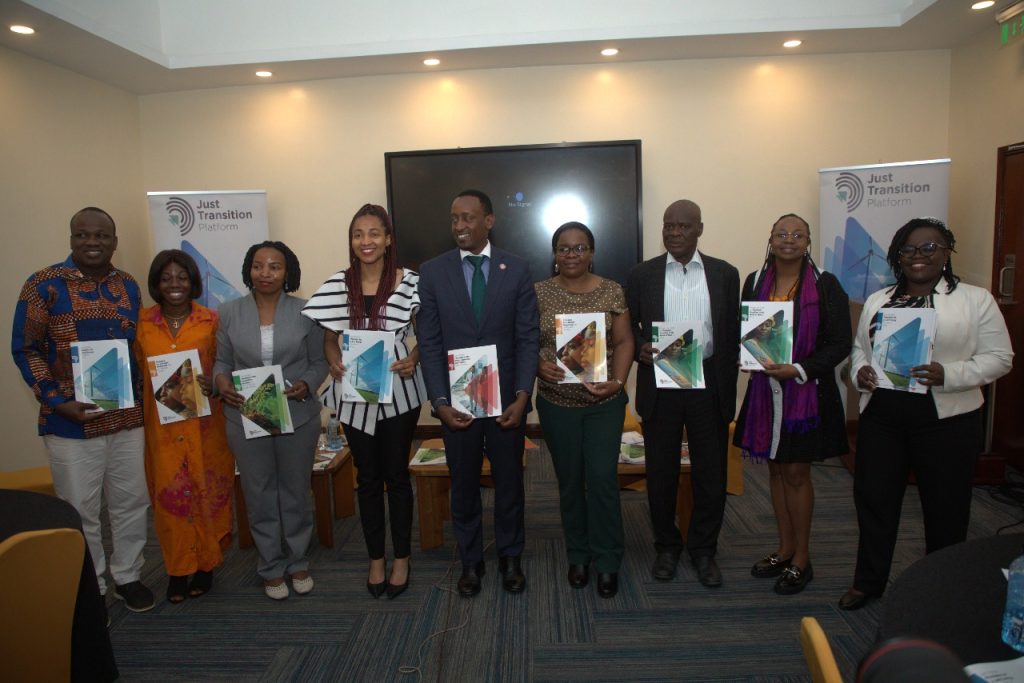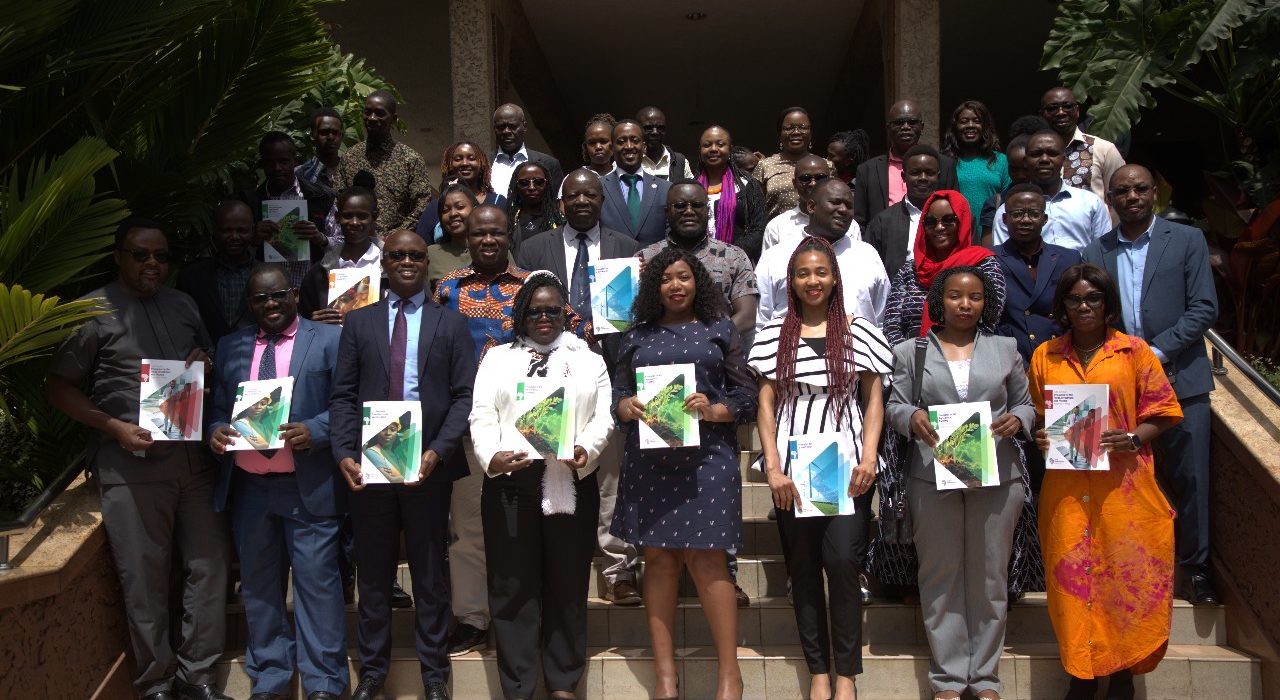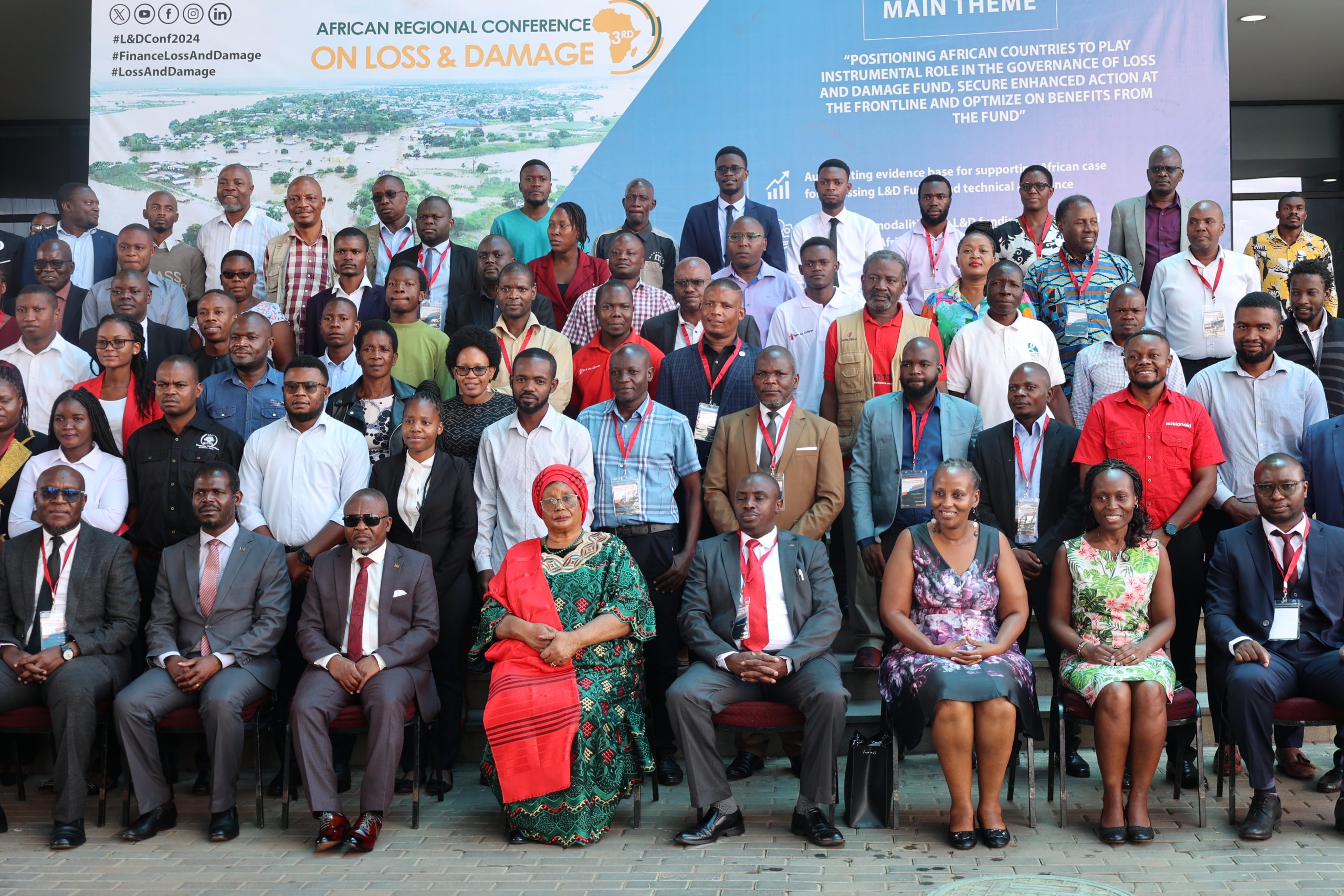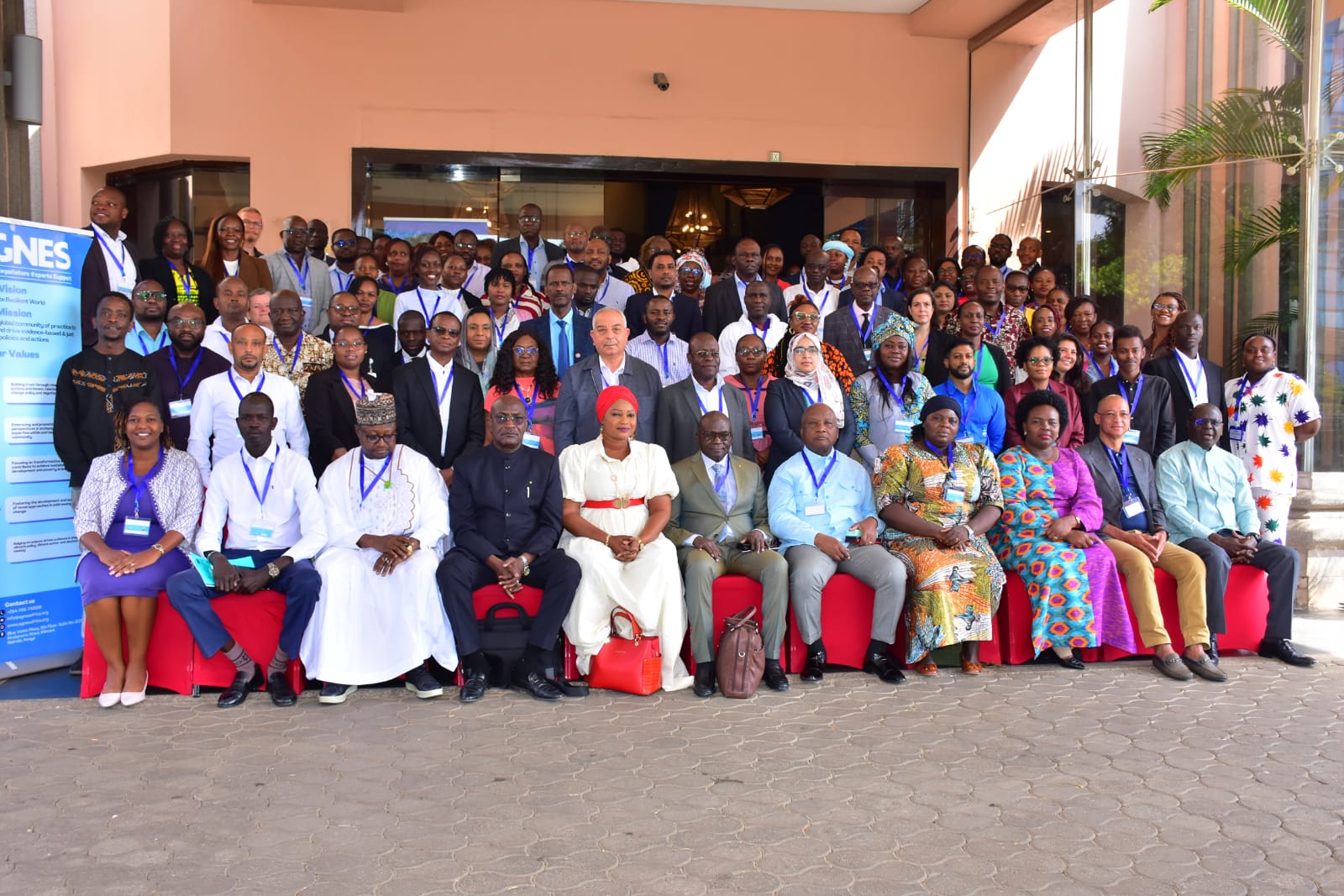By Eddah Waithaka
The Just Transition Platform (JTP) today unveiled a groundbreaking continental framework at the Sarova Panafric Hotel in Nairobi, setting a new agenda for Africa’s shift toward a fair and equitable climate future.
The high-level dialogue brought together key stakeholders in energy, labor, trade, land use, and gender justice, marking a critical step in Africa’s response to the global climate crisis.

A Collaborative Vision for Africa’s Just Transition
Established in 2022, the Just Transition Platform serves as a hub for research, policy development, and advocacy to ensure Africa’s transition aligns with equity and justice.
Co-convened by ClimateWorks Foundation and the International Trade Union Confederation (ITUC) Africa, the platform has spent three years refining principles through workshops in Accra (2022), Mauritius (2023), and Nairobi (2025).
The framework integrates insights from global standards, including the Paris Agreement, UN Sustainable Development Goals, and African Union Agenda 2063, while addressing Africa’s unique challenges—despite contributing less than 4% of global emissions, the continent faces disproportionate climate impacts, threatening jobs, food security, and vulnerable communities.
Sector-Specific Pathways for a Fair Transition
The newly launched principles outline actionable strategies across key sectors to support Africa’s sustainable development: in Energy Systems, the focus is on Sustainable National Energy Sovereignty, Energy Justice, and Innovation, ensuring the shift to renewable energy protects local communities and leverages smart technologies.
For Trade & Finance, emphasis is placed on fair economic policies, debt relief, and safeguards against exploitative investments, aligning with initiatives like the African Continental Free Trade Area (AfCFTA); within the World of Work, the principles demand decent jobs, social protections, and green skills training, particularly for youth and informal workers facing climate-induced job losses.
In Agriculture & Land Use, there is a promotion of equitable land reforms, low-carbon farming, and women’s leadership in food systems; finally, Gender Justice is highlighted by centering care economy recognition and ensuring that women lead in climate decision-making.
Read More On: https://africawatchnews.co.ke/police-question-juja-mps-abduction-claim-tie-it-to-land-fraud-probe/
As nations prepare updated Nationally Determined Contributions (NDCs), the JTP urges African governments to embed just transition principles into policy.
“Africa must shape its own climate future—not follow imposed models,” said Dr. Pamela Levira (African Union) during the panel.
Kingsley Ofei-Nkansah (GD Resource Center) highlighted labor rights, “Heat stress already kills thousands of workers yearly. A just transition must protect livelihoods, not just cut emissions.”
Africa must lead its transition by reframing the narrative and rejecting extractive “net-zero” models that primarily benefit foreign interests, while prioritizing economic justice to ensure that climate policies create dignified jobs rather than precarious work.
It is essential to reform finance and trade by ending debt dependency and ensuring that African nations maintain ownership of their green investments.
Furthermore, amplifying the voices of marginalized groups, particularly women, youth, and informal workersis crucial, as they must play a central role in driving policy decisions that affect their future and the continent’s sustainability.
The JTP will push for binding legislation across African nations, ensuring climate action aligns with social justice.
With COP30 approaching, the platform aims to solidify Africa’s position as a leader in equitable climate solutions.
Read More Stories At: https://africawatchnews.co.ke/







